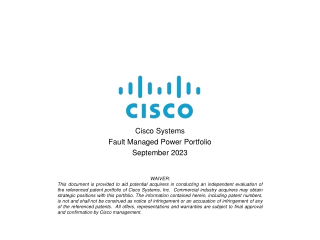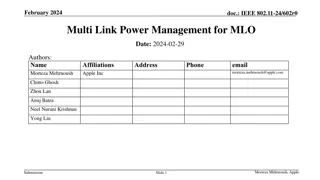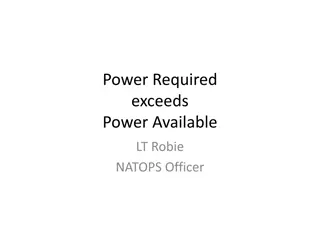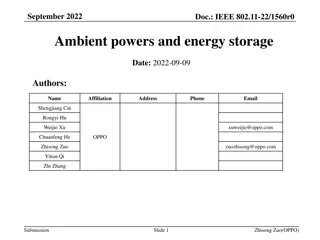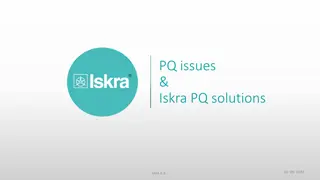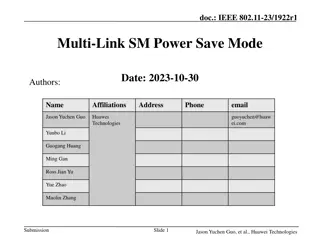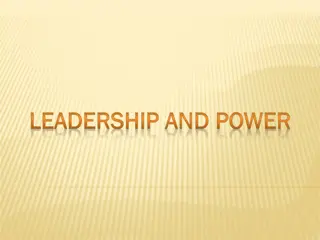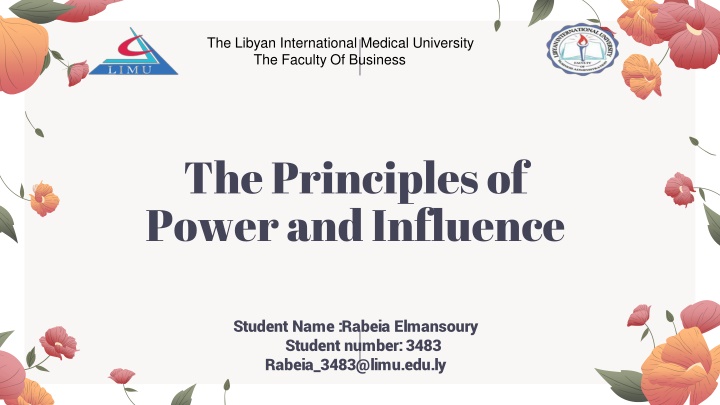
Principles of Power and Influence in Business Presentation
Learn about the Principles of Power and Influence in business with a focus on understanding the differences between power and influence, how power can be shared, and ways to increase or decrease power. Gain insights into how to leverage power effectively and enhance your ability to influence others. Explore the dynamics of power relationships and their impact on individuals and organizations.
Download Presentation

Please find below an Image/Link to download the presentation.
The content on the website is provided AS IS for your information and personal use only. It may not be sold, licensed, or shared on other websites without obtaining consent from the author. If you encounter any issues during the download, it is possible that the publisher has removed the file from their server.
You are allowed to download the files provided on this website for personal or commercial use, subject to the condition that they are used lawfully. All files are the property of their respective owners.
The content on the website is provided AS IS for your information and personal use only. It may not be sold, licensed, or shared on other websites without obtaining consent from the author.
E N D
Presentation Transcript
The Libyan International Medical University The Faculty Of Business The Principles of Power and Influence Student Name :Rabeia Elmansoury Student number: 3483 Rabeia_3483@limu.edu.ly
Table of Contents 02. Intended learning outcomes . Introduction. 01. 04 The Principles of Power and Influence. 03. Conclusion. . 05. Reflection. 06. References. 2
Intended learning outcomes In the end of this presentation you would be able to : 01 02 List the Principles of Power and Influence. Recognize the Differences between Power and Influence. 03 Differentiate between the Principles of Power and Influence. 3
Introduction Power "the authority to affect the behavior of others and force them to do things they would not do otherwise . Influence "the ability to perspectives of a situation . it. change other people's 4
Principles of Power and Influence 5
Some people are more powerful than others All people are treated equally under the law, and therefore have equal access to education, legal protection, and freedom of speech. However, when it comes to almost everything else, everyone is not equal. Some people are born physically strong, attractive, and healthy, whereas others are born weak, unattractive, and with a range of genetic disorders . Power is asymmetrical: if one person has more, the other must have less. If you are stronger than someone else, that person is weaker than you. 6
Power can be shared Some people would argue that power should be guarded that by sharing it with others, you dilute your own power. Another position would argue that by sharing your power, by empowering others, you actually grow in power. You could empower others by: Raise the person s self-esteem Be open, positive, empathic, and supportive Share skills and decision making 7
Power can be increased or decreased Although humans differ greatly in the amount of power they control .Everyone has the ability to expand their power in some way. You can improve your physical strength by lifting weights.. You can improve your persuasive ability by learning communication principles. Power can also be decreased. Probably the most common way to lose power is by trying to control another s behavior unsuccessfully. A way to lose power is to allow others to control you. 8
Power follows the principle of less interest In any interpersonal relationship, the one in power is the one who is less interested in and less dependent on the other person's rewards and punishments . The more an individual needs a relationship, the less authority he or she has over it. The less a person needs a relationship, the more powerful that person is. 9
Power generates privilege When one person has authority over another, it is commonly considered that the person in power has certain privileges, many of which include communication privileges . And the greater the difference in power, the greater the license of the more powerful individual. We are sometimes aware of the privilege or license that comes with authority. Most of the time, though, we appear to be operating mindlessly, with no one challenging the power structure. 10
Power has a cultural dimension Cultures differ in the amount of power distance which is the way people in the society relate on a hierarchical scale.A culture that gives great deference to a person of authority is a high power distance culture ,and a culture that values the equal treatment of everyone is a low power distance culture. 11
Conclusion Influence helps people realize why a task is vital, whereas power pushes them to execute . And recognize the six principles of power and influence could help in maintaining them in the work place which are some people are more powerful than others, Power can be shared, Power can be increased or decreased. Power follows the principle of less interest, Power generates privilege , Power has a cultural dimension. 12
Reflection In my opinion understanding the difference between power and influence helps a lot in doing the work perfectly on time. I think in Libya there is a huge misunderstanding of influence because they mix it the privileges that they had from power and also because of the differences in the hierarchical scale that we have got from being a high power distance culture . 13
References Joseph A. DeVito (2016). The interpersonal communication book 14th edition . 14
Thank you Any questions?

